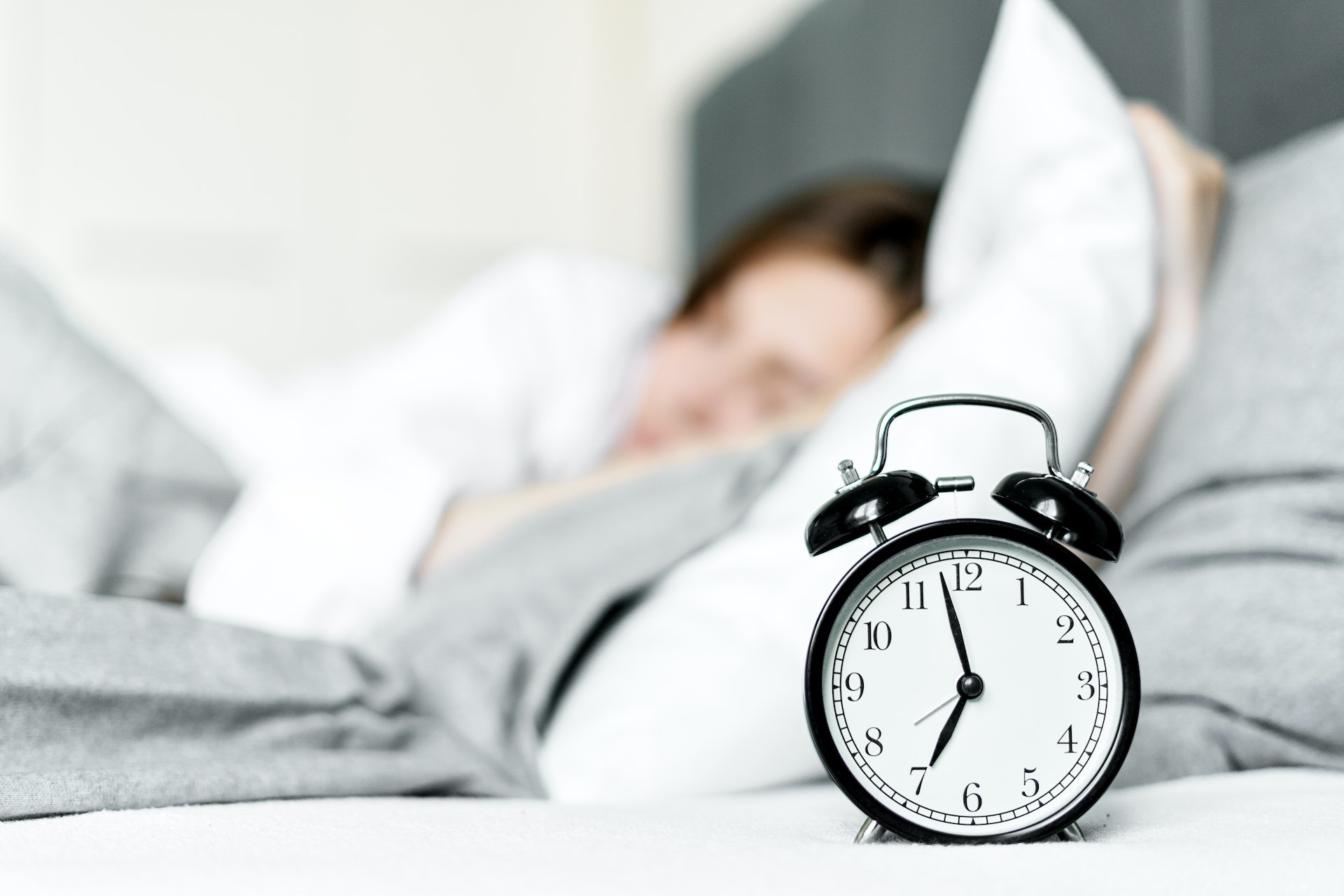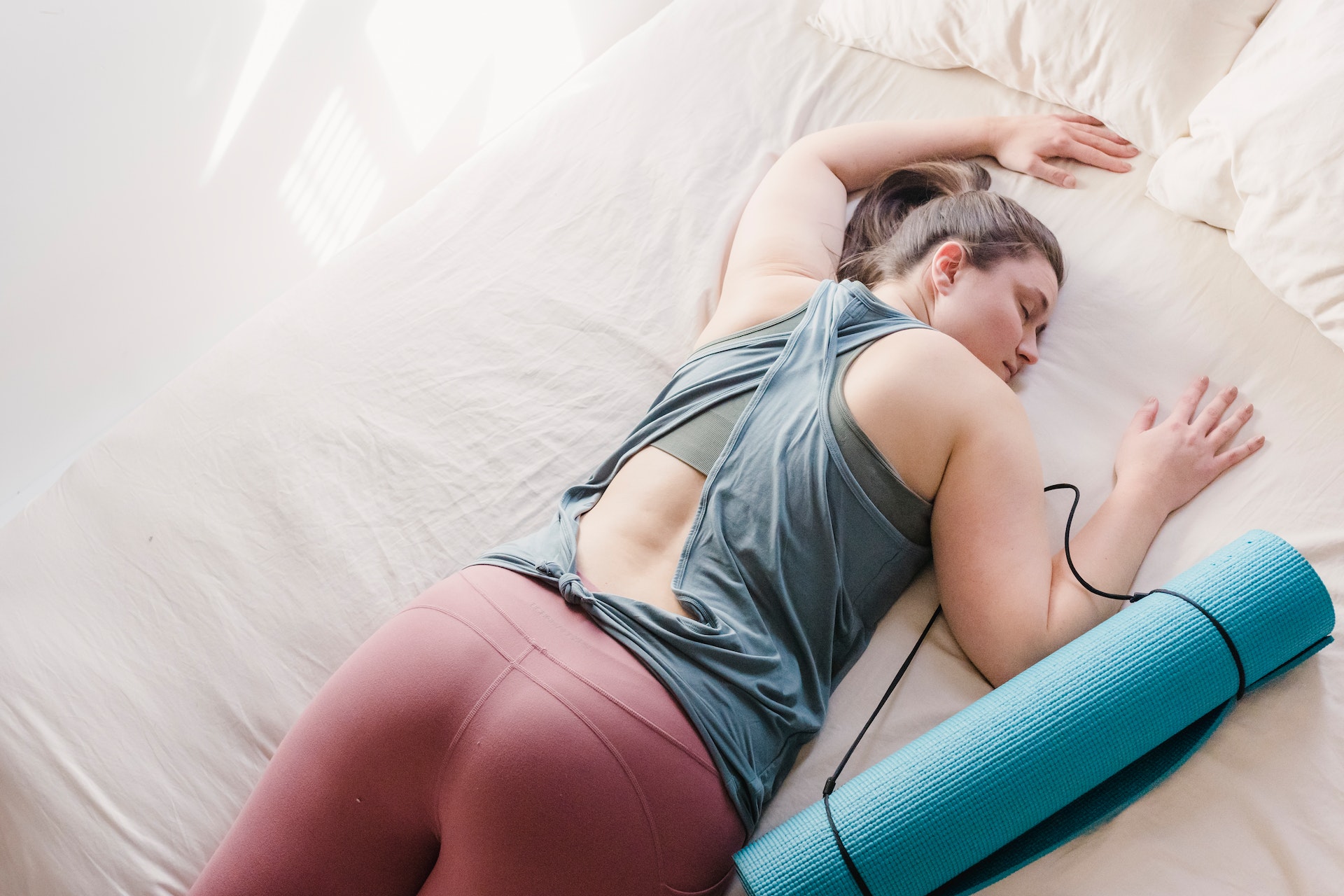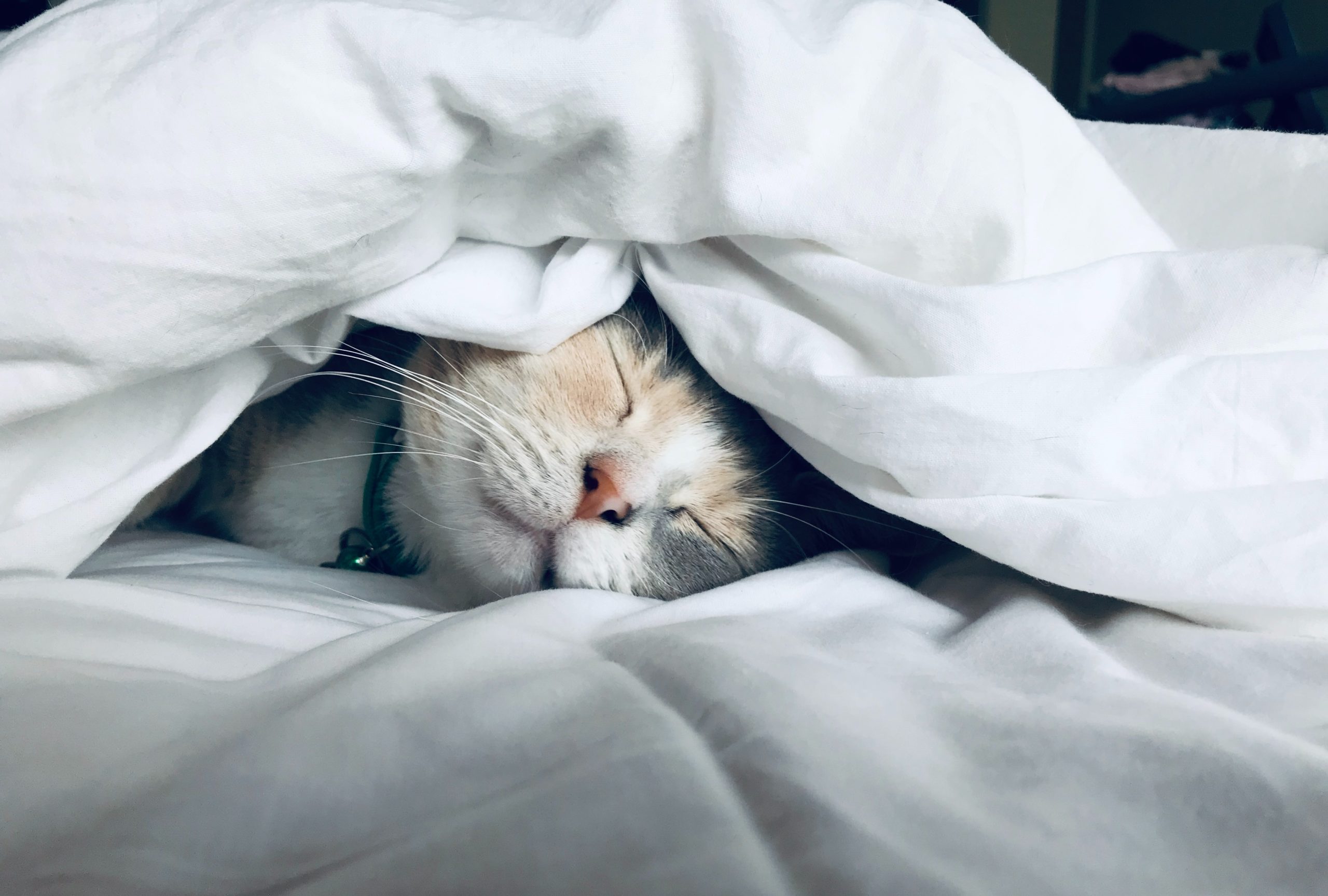
Sleep is essential for our well-being, yet many of us struggle to get the restful slumber we deserve. Tossing and turning through the night can leave you feeling drained and irritable by morning. Thankfully, there are numerous tools available to help you drift off into dreamland more easily. From natural supplements that promote relaxation to cozy sleep masks that block out distractions, a variety of options exist to enhance your sleep experience.
Whether you’re battling insomnia or simply seeking ways to improve your nightly routine, this guide will dive into effective methods for achieving better rest. With the right strategies in place, you’ll be well on your way to waking up refreshed and ready to take on the day. Let’s explore some of the best sleep aids out there!
Natural Supplements for Better Sleep
Natural supplements have gained popularity as a gentle way to enhance sleep without relying on harsh medications. One of the most well-known options is melatonin, a hormone that regulates sleep-wake cycles. It can be particularly helpful for those with irregular schedules or jet lag.
Another great choice is valerian root, which has been used for centuries to promote relaxation and improve sleep quality. This herbal remedy may help reduce the time it takes to fall asleep while boosting overall restfulness.
Magnesium also plays a crucial role in sleep health. It helps calm the nervous system and can alleviate anxiety, making it easier to drift off at night.
Chamomile tea offers not only a warm beverage but also mild sedative effects that can soothe your mind before bedtime. Incorporating these natural supplements into your routine might just lead you down the path of better sleep!
Prescription Options for Insomnia
When natural remedies don’t cut it, prescription medications can provide relief for those struggling with insomnia. Doctors often prescribe benzodiazepines or non-benzodiazepine sleep aids. These can help you fall asleep faster and stay asleep longer.
Benzodiazepines are known for their calming effects but come with risks of dependence if used long-term. It’s crucial to follow your doctor’s guidance closely.
Non-benzodiazepine options, such as Zolpidem or Eszopiclone, generally have fewer side effects and a lower risk of addiction. They work by targeting specific brain receptors to promote sleep without the lingering drowsiness sometimes associated with other medications.
Always discuss your symptoms openly with your healthcare provider. Finding the right medication can involve some trial and error, but many have found significant improvement in their quality of life through these options.
The Power of a Good Bedtime Routine
A solid bedtime routine can work wonders for your sleep quality. It signals to your body that it’s time to wind down. Consistency is key here; going to bed and waking up at the same time each day helps regulate your internal clock.
Incorporating calming activities into this routine makes a significant difference. Think warm baths, soft music, or reading a book instead of scrolling through your phone. These rituals create a soothing environment that encourages relaxation.
Limit screen time as you prepare for bed. The blue light emitted by devices interferes with melatonin production and disrupts natural sleep patterns. Instead, opt for dim lighting and gentle sounds.
Consider including mindfulness practices like meditation or gentle stretching. These not only ease tension but also help clear the mind, making it easier to drift off peacefully when you finally hit the pillow.
Other Factors to Consider for Better Sleep
Creating a restful environment is crucial for quality sleep. Start with your bedroom setup. A comfortable mattress and supportive pillows can make a significant difference.
Consider the room temperature, too. Most experts recommend keeping it cool—around 60 to 67 degrees Fahrenheit. This helps signal your body that it’s time to wind down.
Noise levels also play a role in sleep quality. If you live in a noisy area, think about white noise machines or earplugs to block out distractions.
Light exposure should not be overlooked either. Limiting screen time before bed allows your eyes and mind to relax, preparing you for sleep.
Mindfulness practices like meditation or deep breathing techniques can reduce stress and improve overall relaxation as bedtime approaches. Explore what works best for you; small adjustments may lead to big improvements in how well you rest each night.
The Benefits of Using a Sleep Mask
A sleep mask can transform your nighttime experience. It blocks out light and creates a darkened environment, signaling to your brain that it’s time to rest.
Many people struggle with ambient light from street lamps or electronic devices. A simple mask can eliminate these distractions, allowing for deeper sleep.
Comfort is another key benefit. Most masks are soft and adjustable, making them easy to wear throughout the night without discomfort.
Some masks even come infused with calming scents like lavender. This added touch can enhance relaxation as you drift off.
Travelers especially appreciate sleep masks for their portability. They easily fit into luggage and provide instant darkness in unfamiliar hotels or airplanes.
Using a sleep mask consistently cultivates a bedtime routine that promotes restful slumber, helping you wake up refreshed and ready for the day ahead.
Combining Different Methods for Optimal Results
When it comes to achieving a restful night’s sleep, sometimes one method isn’t enough. Combining various approaches can create a more comprehensive strategy tailored to your needs.
For instance, pairing natural supplements like melatonin or valerian root with lifestyle changes can enhance their effects. Establishing a calming bedtime routine while incorporating aromatherapy may elevate relaxation levels even further.
Using sleep masks alongside white noise machines or soft music creates an environment conducive to rest. Layering techniques such as these allows you to customize what works best for you.
Experimentation is key in finding the right combination of methods that suits your personal preferences and lifestyle. The journey towards better sleep often involves trial and error but discovering the perfect blend can lead to significantly improved slumber quality. Embrace this exploration, and you’ll soon find yourself on track toward those rejuvenating nights of deep, restorative sleep you’ve been longing for.









